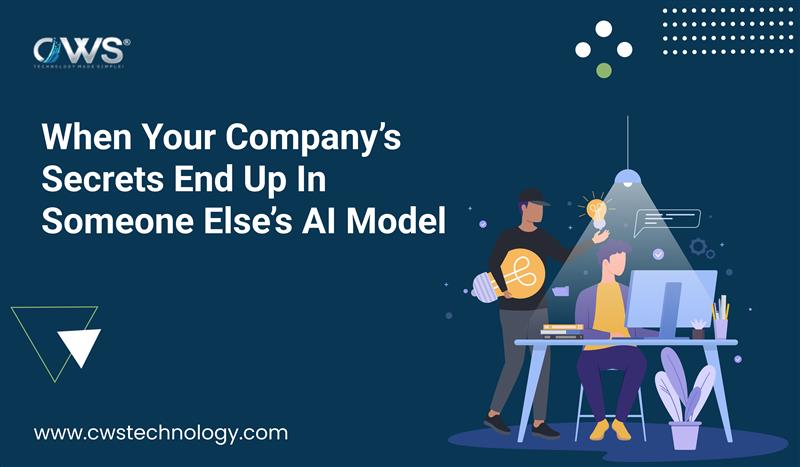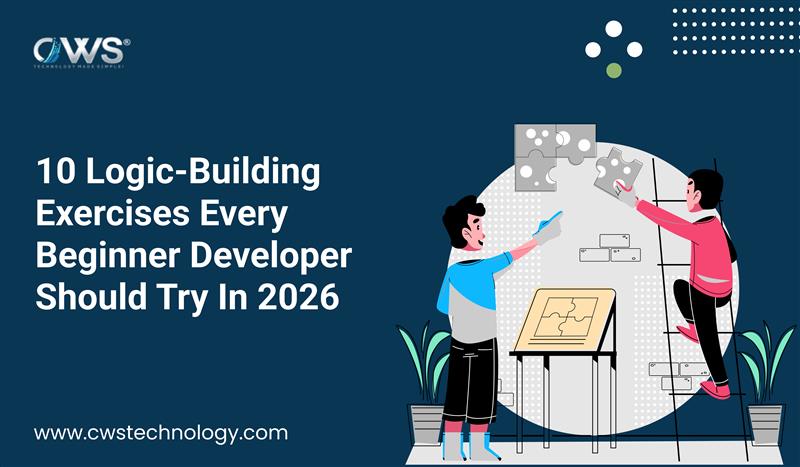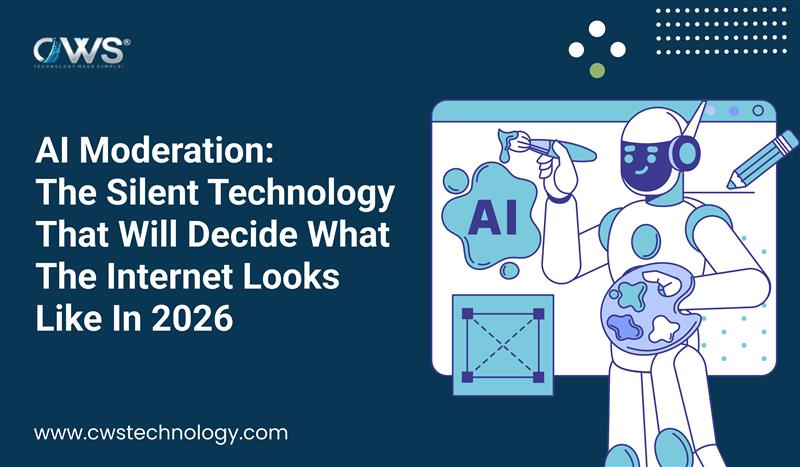Picture this: one of your team members is racing against a deadline. They’re stuck on a piece of code, or they need to draft a quick client email. In the rush, they turn to an AI tool for help. They copy-paste part of the company’s internal documentation or upload a confidential dataset, believing it will stay private. But what if that tiny shortcut doesn’t stay inside your walls? What if it finds its way into someone else’s AI model — and resurfaces where you least expect it?
That’s the unsettling reality businesses are waking up to. In an age where artificial intelligence is woven into our daily workflows, your company’s secrets may be one AI prompt away from being exposed.
The Silent Journey of Data
AI doesn’t create knowledge out of thin air; it learns from data. And sometimes, it learns from your data. Every time employees interact with AI-powered tools — whether for brainstorming, troubleshooting, or even writing emails — they may be unknowingly handing over fragments of sensitive information.
Think of it like leaving fingerprints on glass. Individually, they seem harmless. But collect enough of them, and a clear picture begins to emerge. That picture could include your product roadmap, financial forecasts, or even client-specific insights. And once that information enters a third-party system, you no longer control where it travels or how it might be reused.
Why This Isn’t Just About Technology
This isn’t only a tech issue — it’s a trust issue. Imagine a competitor gaining access to a strategy you’ve spent months perfecting. Or worse, imagine your client’s sensitive details showing up in a chatbot conversation outside your organization.
The damage isn’t just financial. It’s emotional. Clients trust you with their data because they believe you’ll protect it. Employees put faith in leadership to safeguard their hard work. If those secrets slip away, the loss of trust can be more devastating than any legal fine or revenue dip.
The New Rules of the Game
Regulators around the world are paying attention. The European Union’s AI Act, U.S. state-level AI policies, and Asia’s emerging data laws are tightening the guardrails. They’re no longer just asking businesses to collect data responsibly — they’re demanding proof that companies can prevent sensitive information from leaking into AI ecosystems.
In other words, this is becoming a matter of compliance, not just caution. And businesses that lag behind could face both reputational and legal consequences.
From Risk to Responsibility
Avoiding AI altogether isn’t realistic. The technology is too transformative, too deeply integrated into modern business to ignore. The real question is: how do you embrace AI without putting your crown jewels at risk?
Here’s what works:
- Build awareness inside your teams: Most leaks aren’t intentional — they’re accidental. Training employees to recognize what data is safe to share with AI can prevent mistakes before they happen.
- Create clear AI usage policies: Don’t leave it up to guesswork. Define, in simple language, what’s allowed and what’s off-limits when using AI tools.
- Choose the right partners: Not all AI platforms are created equal. Enterprise-grade solutions with strong privacy commitments and transparent data handling are worth the investment.
- Monitor and adapt: AI is evolving fast. Regular audits and reviews will help your policies stay relevant and effective.
The Way Forward
We’re standing at a critical crossroads. Companies that will thrive in this new era aren’t just the ones that innovate the fastest — they’re the ones that combine innovation with responsibility. Protecting your company’s secrets is about more than guarding trade advantages. It’s about showing your clients, employees, and partners that you take their trust seriously.
At CWS, we believe technology should empower growth, not compromise it. The businesses that succeed tomorrow will be the ones that use AI with foresight, responsibility, and a human-centered approach. Because in the end, innovation means nothing if it comes at the cost of trust.








